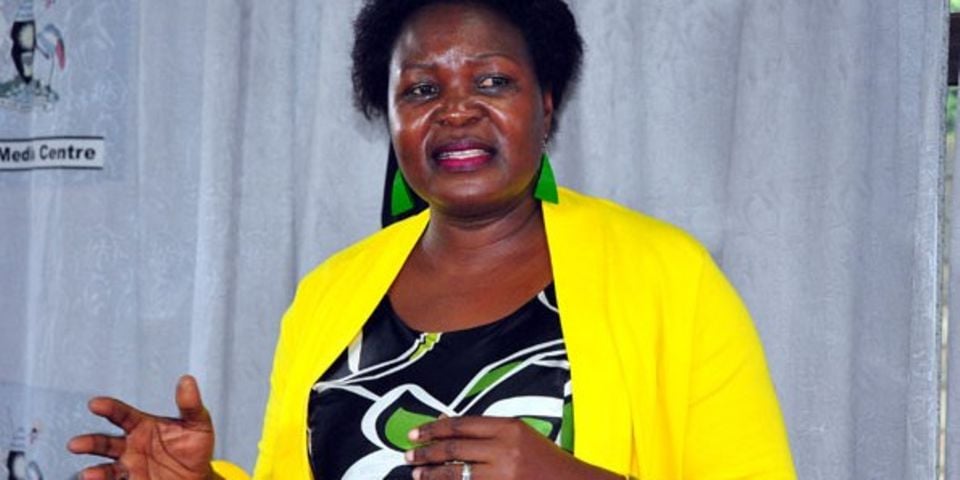Energy minister Ruth Nankabirwa joined other officials from the energy sector in the East Africa to call for continued exploration and production of oil resources amid increasing criticism over high carbon emissions.
Speaking during the 10th East African Petroleum Conference in Kampala yesterday, Ms Nankabirwa said as the world is rife with the energy transition question, the region should continue to exploit its oil resources to cushion citizens from energy poverty.
The minister’s comments come at a time when Uganda is scouting for oil pipeline financing, in what she referred to as “having friends” who will finance the pipeline if banks pull out.
“On the issue of financing the EACOP, we must get this money, those hiding money for fossil fuels, you’re hiding your heads to solve the global energy crisis, we are going on with our plans because this is not a project to be abandoned,” Ms Nankabirwa said.
The secretary general for the EAC, Mr Peter Mathuki, said member countries should consider financing the project from local revenue.
“It’s high time we look for local content, and for EACOP, we have institutions that can finance the project such as the East African Development Bank,” Mr Mathuki said, noting that more than 500 million people require energy security. A top energy official, who spoke on condition of anonymity, said “a number of Chinese banks” had already committed to finance the East African pipeline with the deal expected to close this year.
The energy official noted that a number of contractual obligations are being ironed out before the close of the deal.
As a sign of progress, Ms Nankabirwa revealed that the final investment decision in the development of the refinery will be announced next month.
“There is going to be an announcement to attract companies to come on board in the development of the refinery and the development of the industrial park,” she said.
Cost
The refinery will require a $4 billion investment, and it is expected to begin production activities earliest in 2027.
The country is also revamping a number of bilateral agreements to jointly share oil infrastructure with the DR Congo oil blocks.
The Vice President, Ms Jessica Alupo, who represented President Museveni, noted that whereas the threats of climate change are real; the measures must conform to equity, in light of different circumstances that countries are experiencing regarding the Paris Climate Agreement.
“The push for transition is coming at a time when East Africa has established significant oil and gas projects. In order to utilise these resources, we came up with regional refineries for the distribution of oil and gas products of the region to address energy needs,” Ms Alupo said.
The three-day conference is being held under the theme ‘East Africa as a hub for investment in exploration and exploitation of petroleum resources for sustainable energy and socioeconomic development’. The deliberations aim at attracting petroleum stakeholders in the region to discuss investment opportunities in the oil and gas sector.

